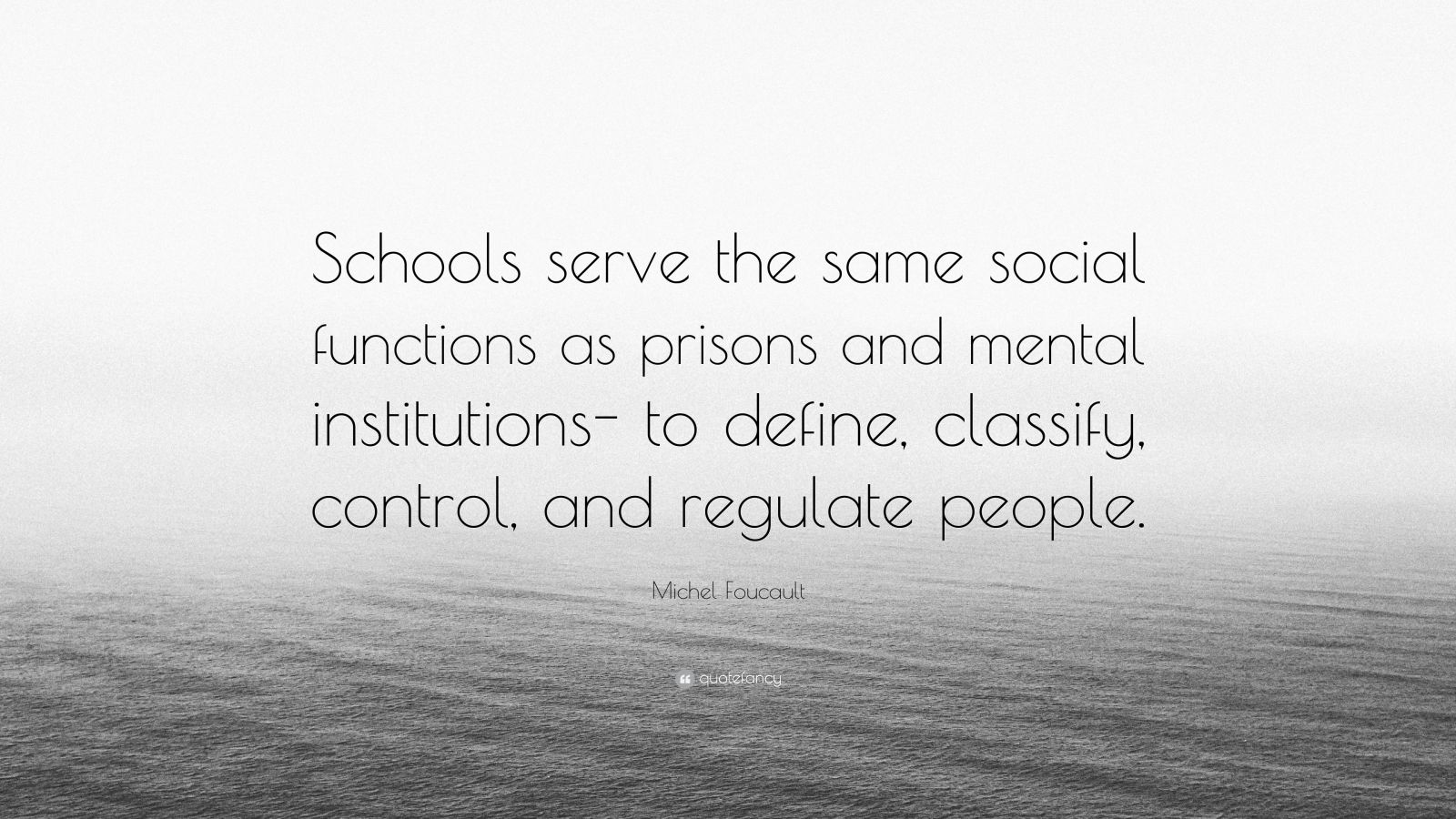


And yet in a relatively short space of time, the horrific public executions and communal prisons gave way to quiet and concealed executions and the far more orderly and regimented system of modern prison life, a trend that continues into the present day. For those who did not receive the death penalty, the prisons that existed were more like enforced stays in squalid communal housing, with very little distinction drawn between the treatment given to first-time and habitual criminals, as well as those who were clearly mentally ill. The mass hangings of convicts were public spectacles, with public processions, viewing stands set up for spectators and an almost festival-like atmosphere on the day. In England, for instance, until 1790 the official punishment for women convicted of petty treason - a wife who killed her husband or a servant who killed her master or mistress - was burning at the stake. Those convicted of murder, piracy, counterfeiting, or other notable capital crimes would be taken to a public place for hanging or decapitation, and certain kinds of crimes warranted particularly gruesome punishments. Nowhere was this tendency more evident than in the spectacle of public executions. Not a bad effort, I think, for a first attempt.ĭiscipline and Punish: The Birth of the Prison by Michel Foucaultīefore the early 19th century, European ideas of crime and punishment tended to involve very public displays of the power of the monarch and the power of the state against the offending individual. Here follows my first attempt at reading and reviewing Foucault, completed earlier this year.


 0 kommentar(er)
0 kommentar(er)
